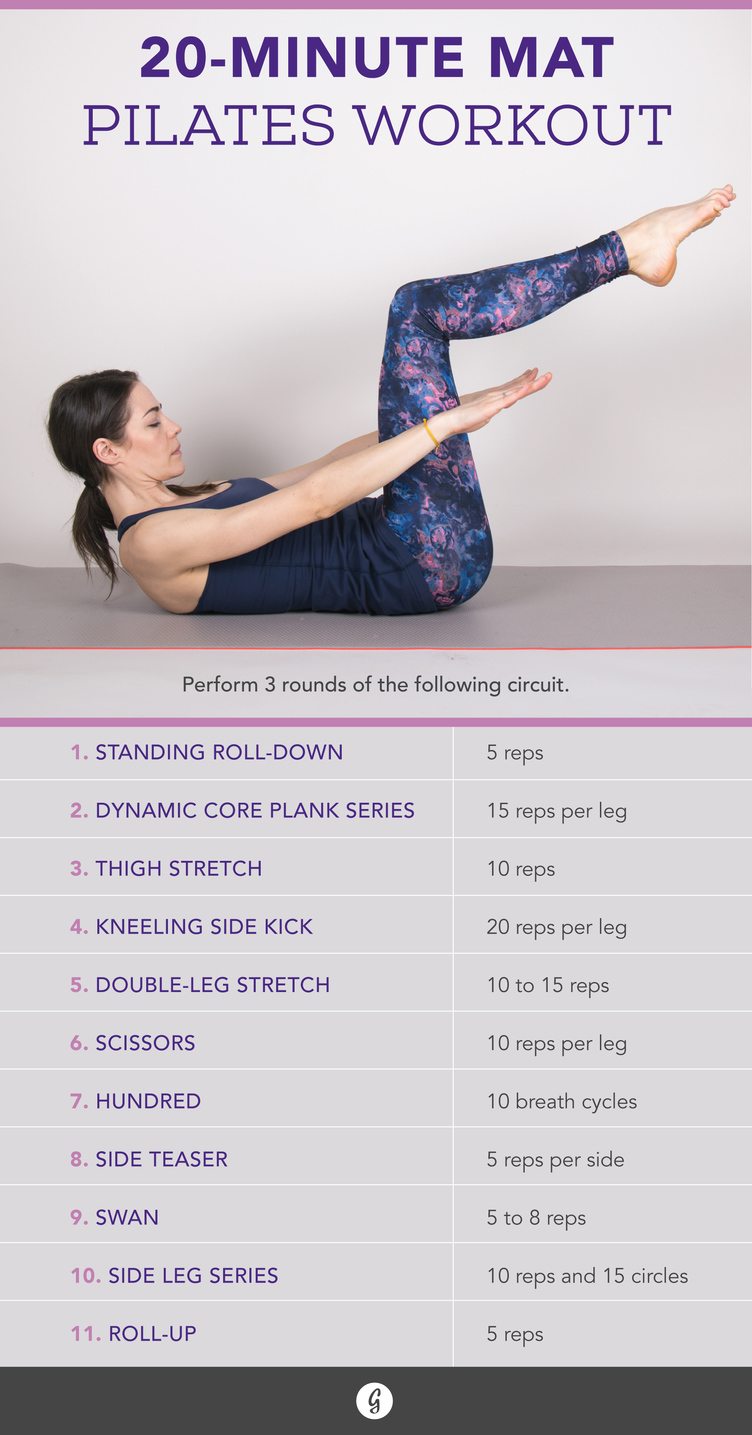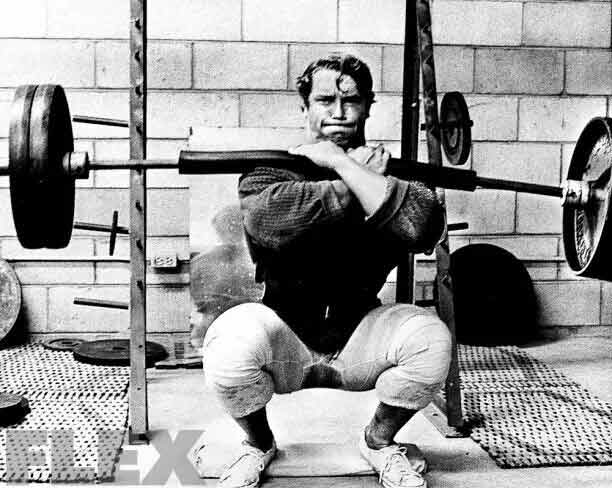The body’s most complex organ: The brain, needs a regular amount of oxygen and other nutrients for it to work efficiently. These nutrients are sent through blood, which continuously flows from the arteries. But, what happens in case of partial or complete blood flow restriction.
The self-explanatory consequence is disruption of blood flow either partially or fully results in severe damage beyond repair, extreme disability or worst case scenario, death. Doctor Arun Rajeswaran, neurosurgeon from dubai, is familiar with patients who have encountered life altering challenges. In this writing, he elaborates upon the consequences of blood flow restriction to the brain and the rapid damage, as well as the crucial steps which can increase chances of survival.
How much time does a person live after blood cessation to the brain?
Although it’s a mouthful, only 2 percent of our body, 02, consumes a whopping 20 percent claiming the rest of the body’s oxygen reserve. Blood flow ceases due to strokes, traumatic injury, heart attack amongst others.
A person will lose consciousness in 10 seconds with no blood flow, and within 3 to 5 minutes the brain will begin dying due to lack of oxygen (a condition referred to as hypoxia). After 10 minutes, damage is usually irreversible.
This is clinically categorized as either cerebral ischemia or `brain ischemia`. If the interruption of bloodflow is not addressed quickly, the individual risks permanent brain damage, also knows as brain infarction, wherein a area of the brain will die permanently.
Causes of Blood Flow Stop to the Brain
This serious and life-threatening condition can arise from a number of medical emergencies:
1. Ischemic Stroke
Ischemic stroke is when a blood vessel supplying oxygen-rich blood to the brain becomes clogged due to a blood clot or plague. Ischemic stroke is the most common medical reason for interrupted blood flow.
2. Hemorrhagic Stroke
Hemorrhagic stroke occurs due to rupturing of a blood vessel inside the brain which leads to bleeding and cavity formation in brain tissue. This causes pressure and disruption during blood flow.
3. Cardiac Arrest
Cardiac arrest is when the heart stops beating and interrupts the supply of blood to organs including the brain. Damage to the brain will start occurring within minutes.
4. Severe Hypotension (Low Blood Pressure)
Severe hypotension due to trauma, internal bleeding, or sepsis can occur as a sudden drop in blood pressure and result in reduced circulation and perfusion to the brain.
5. Carotid Artery Stenosis
The critical arteries at the neck (carotid arteries) may narrow as a result of atherosclerosis and greatly limit blood circulation to the brain.
Signs and Symptoms of Sudden Brain Ischemia
Symptoms depend on ischemia, its location and severity, but other common signs include:
- Lack of consciousness comes suddenly
- Weakness and/or numbness on one side of the body
- Inability to speak or comprehend speech
- Vision suddenly loses or becomes hazy
- Very painful headaches, particularly with hemorrhagic strokes
- Disorientation along with confusion
- Inability to coordinate or maintain balance
Dr. Arun Rajeswaran emphasizes that time is brain: The longer blood supply is restricted, the greater the chance for irreversible damage to the brain.
What Should Concerned Relatives Do in Case of Suspected Brain Ischemia
In case of stroke signs or fainting spells due to suspected blood flow obstruction:
- Dial for Help Without Delay – In UAE – 999 or 998.
- Take Action for CPR if Needed – Most likely if heart failure is involved.
- Problem is that a lot of things can wrong with a person, making people bewildered as to which action they can take.
- Time, it is important to record, elders will find where depending on doctor’s amputation order- busted medicine during treatment time.
Keep What’s Bothering the Person to Drink or Eat – Avoid providing any food or drinks, relieve tight clothing, and position them horizontally sideways if unconscious to avoid choking.
Diagnosis and Evaluation
Immediately after a patient arrives at a hospital, or a neurosurgical center, they are put through preliminary diagnostic tests like:
- CT Scan or MRI to check for bleeding, blockages, or cell death
- Cerebral Angiography for blood vessels in the brain
- EEG to check the brain’s functions after cardiac arrest
- Blood Tests to check for disorders of normal metabolism
At Dr Arun Rajeswaran’s clinic, advanced neuroimaging, along with rapid response protocols, is implemented in order to manage these emergencies accurately.
Treatment Options
For Ischemic Stroke:
- Thrombolysis (clot-dissolving medication) if given within 4.5 hours.
- Mechanical Thrombectomy: A blood clot is withdrawn through a small incision.
- Antiplatelet or Anticoagulant Therapy to avoid future clots.
For Hemorrhagic Stroke:
Surgical Clot Removal or a vessel can be sutured if it is bleeding.
- Control Blood Pressure.
- Manage Intracranial Pressure.
After Cardiac Arrest:
- CPR and Defibrillation.
- Apply Cooling Protocols (Therapeutic Hypothermia) to minimize brain damage.
Recovery of lost functions is done with Neurological Rehabilitation.
Long-Term Effects:
Cases of resuscitation and treatment done successfully, along side other interventions, will still lead to long-term effects for some patients, including:
- Losing the ability to remember.
- Losing the ability to speak and converse.
- Being unable to move, or weakened muscles.
- Changes in mood and behavior.
Comprehensive neurorehabilitation which includes physiotherapy, occupational therapy, and speech therapy is crucial for recovery. All of which is provided by Dr. Arun Rajeswaran and his team under expert supervision.
Final Thoughts
Abandoning the usual flow of blood to the brain is a medical emergency. This, if woven wrong, has catastrophic outcomes. The main pillar to survival and recovery is early action.
Seek the aid of a neurosurgeon like Dr. Arun Rajeswaran regularly that specializes in the fields mentioned above if you—and other loved ones—are suspected to have high blood pressure, heart problems, diabetes, or once-strokes.








